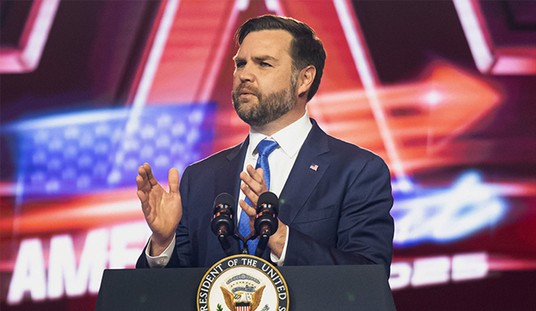What is it about Dartmouth College that arouses the acquisitive instinct of bureaucrats? Back in the early 19th century, the legislature of New Hampshire attempted to take over the college, replacing its board of trustees with their own chaps and so converting a private college into a public entity. Daniel Webster argued the case for Dartmouth before the Supreme Court, accurately noting that “The question is simply this, ‘Shall our State Legislatures be allowed to take that which is not their own, to turn it from its original use, and apply it to such ends and purposes as they in their discretion shall see fit!’ ” His famous peroration, which brought tears to the eyes of the Chief Justice John Marshall, acknowledged that Dartmouth was but “a small college. And yet,” said Webster, “there are those who love it!”
Webster won the day, but the threat to Dartmouth’s independence keeps recurring. Since 1891 until early last September, nearly half of Dartmouth’s eighteen trustees were elected from a slate of alumni candidates. The other half, apart from a couple of ex officio slots, were appointed by the board itself. In practice, since the administration vetted elected as well as appointed candidates, the board of trustees controlled all the seats.
In 2004, however, something unexpected happened. T. J. Rodgers, someone not sanctioned by the Dartmouth board, ran–and won–as an independent or “petition” candidate. His victory was followed in short order by the election of two more independents, Peter Robinson and Todd Zywicki. Panicked, the Dartmouth administration tried to change the rules and proposed a new constitution governing the way trustees were to be elected. The administration went all out to get the alumni to vote for the new constitution, hiring a Washington, D.C. public relations firm and inundating alumni with promotional material. Nevertheless, the proposed constitution was soundly defeated. The last straw came in May when Stephen Smith, a University of Virginia law professor, ran and won as an independent candidate. Now nearly a quarter of Dartmouth’s trustees were elected by the larger Dartmouth community, not appointed by the Board. Many important issues were on the table, from the question of class size and growth of the administrative bureaucracy to speech codes and preserving Dartmouth’s character as a college, not an embryo university. What to do?
Well, the people running Dartmouth–president James Wright and Chairman of the Board Charles “Ed” Haldeman, who is also President and CEO of Boston-based Putnam Investments–had tried democracy. They put things to a vote. That didn’t work. They tried again. Still no luck. So they employed executive fiat instead. Early in September (a moment between semesters at Dartmouth), the Governance Committee–the five-man board-within-the-board that wields the real power–issued the diktat that henceforth Dartmouth’s board would be expanded by eight more appointed trustees. Net effect? The power of the independent trustees would be severely circumscribed. The status quo would prevail. The growing threat of reform was quashed, but concerned alumni have taken the college to court.
Now there is a new storm brewing for Chairman Ed. When he took over at Putnam Investments in 2003, the firm was reeling from a maze of financial scandals. Chairman Ed was brought in to clean things up. Did he? A long and revelatory story in the current issue of The Dartmouth Review reveals that there are some doubts about that.
Like the Dartmouth board packing controversy, the Putnam scandal will be judged in a court of law. Putnam is being sued in a US District court in Maryland according to the case’s consolidated federal complaint, filed in September 2004. Both lawsuits—Putnam’s and Dartmouth’s—are currently in discovery periods, and in both cases, a picture is emerging that cuts into Haldeman’s image as the ethical reformer. The Dartmouth Review has received information that the scandal surrounding the Putnam class action lawsuit—involving market timing and fraud—allegedly continued under the watchful eye of Haldeman, the same man who is leading the controversial reforms at Dartmouth.
Peter Scannell, a resident of Weymouth, Massachusetts, recently contacted The Dartmouth Review about Haldeman’s alleged contemporaneous knowledge of Putnam’s market timing scandal. . . .
As part of his ongoing investigation of Putnam, Scannell now alleges that Haldeman was aware or should have been aware of the market timing by mutual fund managers which, for a space of time, occurred under his command as the company’s CIO. This is the first time that some of these charges are being made public.
Oh dear, Oh dear. Emily Esfahani-Smith, the author of the article, asks the 64-dollar question: “Is Haldeman now reforming Dartmouth in the same way he governed and ‘reformed’ Putnam?” Anyone concerned about academic governance will want to follow this case. How it turns out will affect not only a small college in New Hampshire but also the prospects for genuine reform at colleges and universities across the country.









Join the conversation as a VIP Member